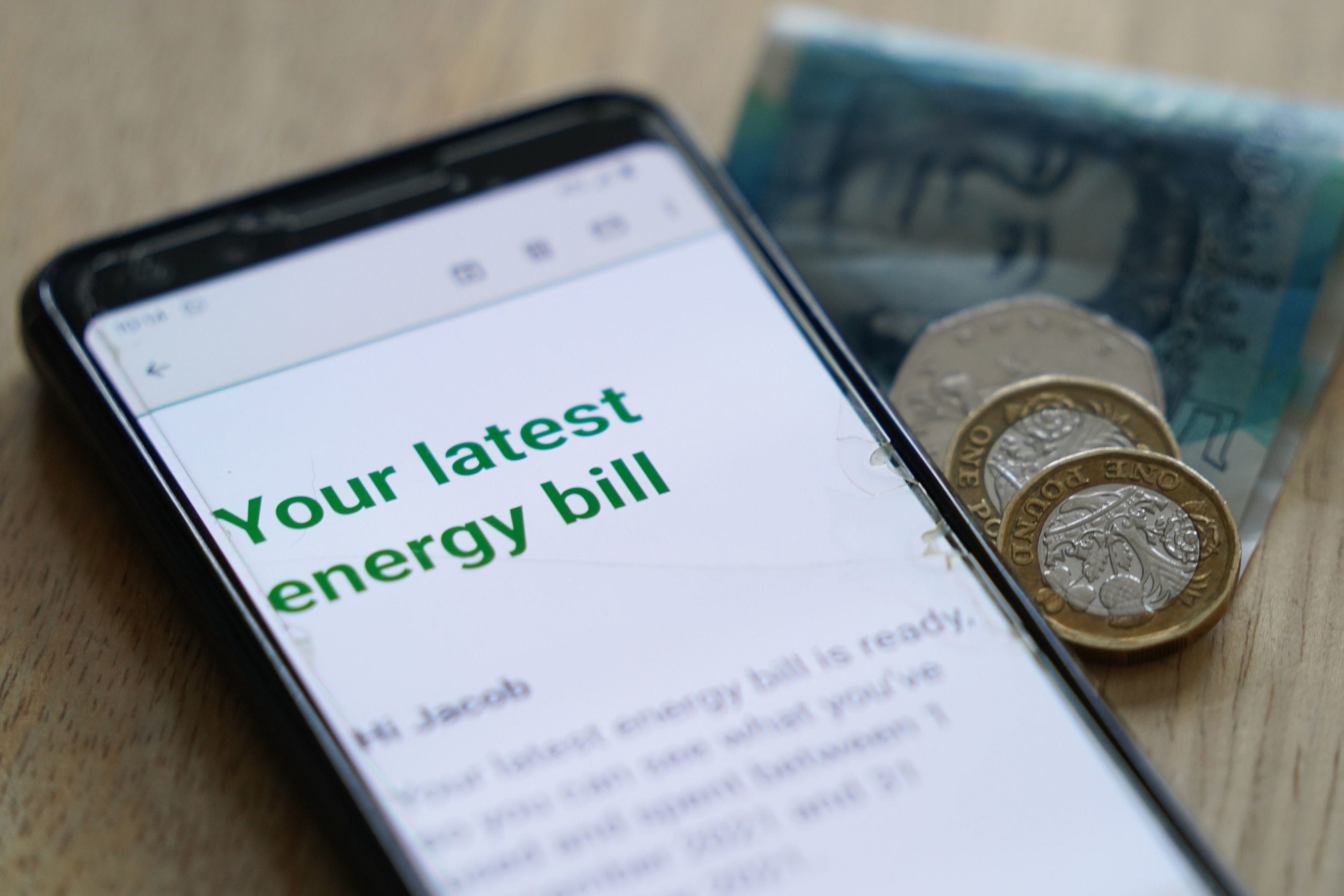More than 5m low-income households have no energy credit ahead of winter – poll
One in 10 homes (11%) with a household income of less than £20,000 a year already owe money to their energy supplier ahead of winter, Uswitch found.

More than five million low-income households have no energy credit just as they move into the more expensive winter months, according to an annual survey.
One in 10 homes (11%) with a household income of less than £20,000 a year already owe money to their energy supplier ahead of winter, with those in debt owing £163 on average, the study by Uswitch found.
The energy direct debit system broadly works by customers building up credit during the less expensive summer months in preparation for spending more on gas and electricity over the winter.
However, the survey found a more positive picture nationwide, with just 8% of households – or 2.4 million – in debt on their energy account going into winter, down from more than 11% or 3.2 million last year.
Households’ energy bills have dropped considerably over the last two years, with the energy default tariff falling from £2,500 for average annual consumption in January last year to £1,568 in July this year, before rising 10% in October to £1,717.
The average household’s energy debt is down 17% from last year’s £216 to £179, although the average account balance is £128 – the lowest level in three years.
Almost three-fifths of UK households (59%) have a credit balance, with the average pot standing at £220 – down slightly from £236 last autumn. Overall, nine million households have no energy credit going into winter, a slight reduction in the number from last year.
Despite the overall situation improving for the majority, a third of those in debt (32%) say their arrears are higher than last year, and one in 10 households (12%) say they have moved from credit to debt.
Nationally, two-fifths of households (43%) are more worried about paying their energy bill this year than they were last year.
Ahead of the autumn Budget on October 30, Uswitch is calling on the Government to consider what more can be done to protect vulnerable consumers this winter.
Richard Neudegg, director of regulation at Uswitch, said: “Households use more energy over the winter, so for the majority paying via direct debit it’s ideal to have a cushion of about two months’ worth of energy credit at this point in the year.
“It’s worrying that five million of the lowest-income households are going into winter with no buffer against higher bills.
“If your energy account is going into debt or you are behind on your bill payments, speak to your supplier as soon as possible.”
Opinium surveyed 2,000 UK energy bill-payers between October 1-7.
Bookmark popover
Removed from bookmarks